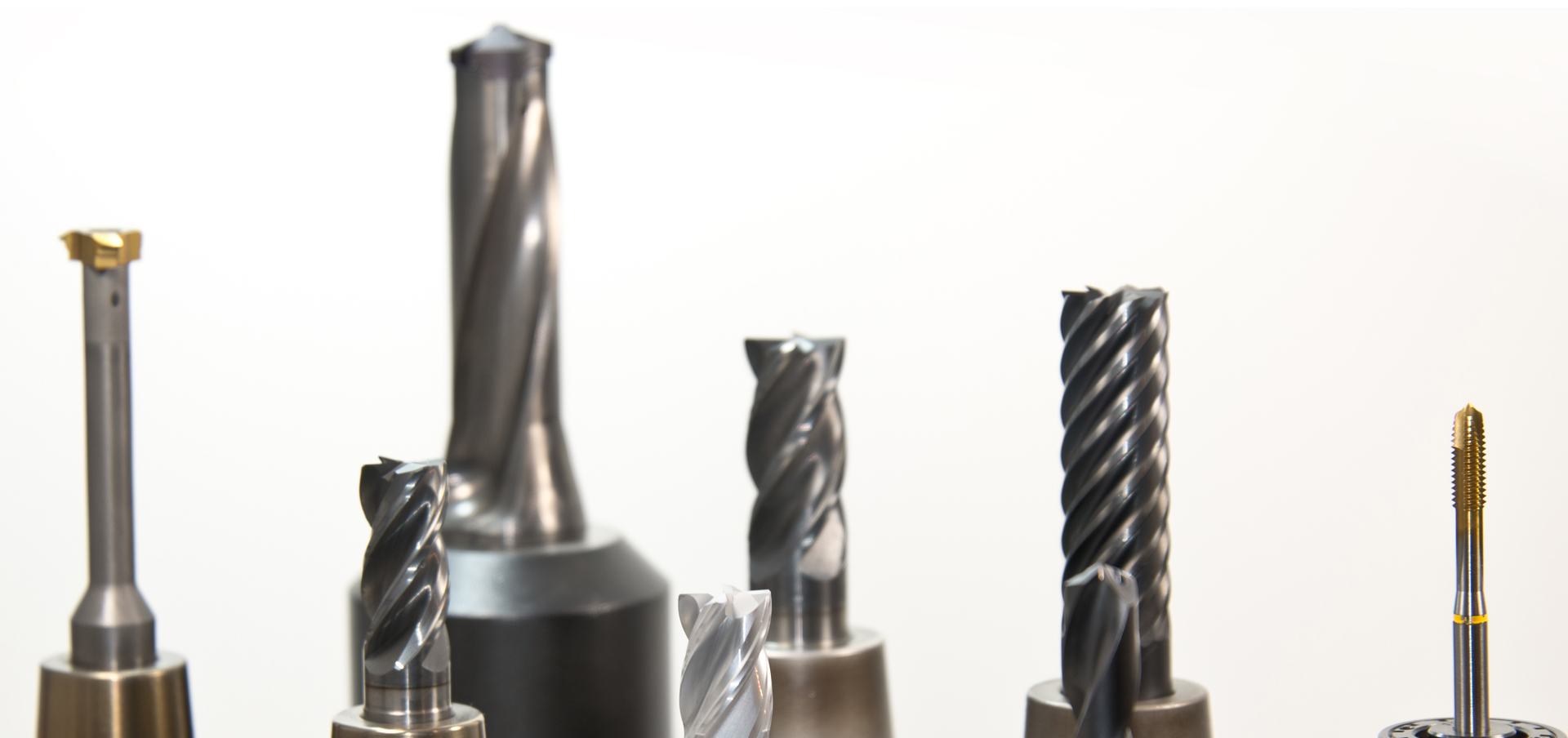Metal-work. Technology. Precision. Innovation. Creation. These are just some of the many things that define a CNC machinist career. If you are well-versed in computers, have a desire to bring products to life, and are interested in a cutting-edge manufacturing career with a bright job outlook, CNC machining is your answer.
What Does a CNC Machinist Do, Exactly?
Have you ever wondered where jet engines, car parts, computer hardware, or even your household appliances were made? Ever wonder how? All of these products consist of parts, and all of their parts are made up of specific, mathematical series of lines and curves – created by a CNC programmer. What CNC machinists do is they take those lines, curves, and mathematic formulas and bring them to life using Computer-Numeric Controlled (CNC) machinery.
CNC machines – often a lathe, mill, or press – cut precision metal parts using blueprints, CAM files, and computer-aided designs. CNC machinists, however, are the professionals who program those machines to work the magic they do – inputting a machine’s operating instructions and controlling its cutting path, the speed of its cut, and the feed rate of the materials.
Although manufacturing is often associated with large quantity and output, precision machinists like CNC operators often produce small batches or one-of-a-kind items. For example, in Connecticut, many CNC machinists can be found working on dedicated aircraft engines or other specialized aircraft parts.
The CNC Machinist Job Outlook
Are CNC machinists in demand? Yes! CNC machining is a booming sector of the manufacturing field. Across the nation, the Bureau of Labor Statistics expects nearly 8,0006,300 machinist jobs to open up to prospective workers by 20262031. This is a growing rate of about 2 percent.
In Connecticut, however, the demand for CNC machinists is particularly great. According to the CT Department of Labor, employment of CNC machinists is expected to grow 23 percent by the year 2024. On average in Connecticut, approximately 141 CNC machinist careers will become available each year.
Connecticut is calling for skilled CNC machinists and operators to step up. Right now, the industries with the most CNC job postings in Connecticut include:
- Aircraft Engine and Engine Parts
- Manufacturing Engineering Services
- Other Aircraft Parts and Auxiliary Equipment
- Manufacturing Machine Shops
- Aircraft Manufacturing Ball and Roller Bearing Manufacturing
What it Takes to Land a CNC Machinist Career in Connecticut
The Connecticut Business and Industry Association recently surveyed manufacturers across the state and assessed their workforce needs. According to the report, skilled machinists with training and a working knowledge of CNC machinery are some of the highest hires in demand.
Almost 9 out of 10 Connecticut manufacturers agreed that CNC machining is a highly sought-after skill in applicants. 86 percent stated that CNC programming is also desired. Other attractive manufacturing skills included:
- Technical writing and comprehension
- Simulation, modeling, and analysis
- Critical thinking and problem solving
- Geometric dimensioning and tolerance
Despite the need, CNC machinist positions are some of the hardest to fill. According to manufacturing employers in CT, CNC machinists are the fourth- most difficult job to fill. CNC programmers are the second- hardest job to fill. It appears there is a skills gap – Currently in the state, there are more manufacturing jobs than there are skilled workers to fill them.
Gaining the Skills for Success: A Clear-Cut Path
The path to landing a CNC machinist career is pretty clear-cut (see what we did there?) if you have the right mindset, skillset, and education to show.
While there are not any state-wide, formal requirements for CNC machinists, Connecticut manufacturers express higher levels of satisfaction with graduates who have attained higher levels of education and technical training. Graduates of private colleges and private occupational schools in Connecticut are largely viewed as highly qualified job candidates, according to the CBIA.
If you are looking to get into the CNC machining field as well as meet (and exceed) the expectations of your employer, Goodwin University’s CNC machining training school is a great place to start. Here, you will gain all the skills employers are looking for: knowledge of manufacturing processes and materials, a working comprehension of manufacturing mathematics, competence in technical drawings, specifications, and experience with computer-aided machining and Mastercam. For your benefit, our CNC courses blend classroom instruction with hands-on learning; you will have the opportunity to work directly on our new CNC 3-axis milling and turning machines.
At Goodwin University, you can choose to take a certificate-level CNC training program and get into the workforce after just a few semesters. If you would like to hone your skills even further, you may also pursue an Associate in CNC machining. All levels of education will make you eligible to take credentialing exams in the field. For example, after completion of Goodwin’s 30-Credit or Associate CNC program, you may pursue the National Institute for Metalworking Skills (NIMS) credential to become a CNC operator.
Ready to get started on your CNC machinist career path? Contact Goodwin University at 800-889-3282 or visit us online to learn more about our manufacturing training programs in Connecticut.
Goodwin University is a nonprofit institution of higher education and is accredited by the New England Commission of Higher Education (NECHE), formerly known as the New England Association of Schools and Colleges (NEASC). Goodwin University was founded in 1999, with the goal of serving a diverse student population with career-focused degree programs that lead to strong employment outcomes.

